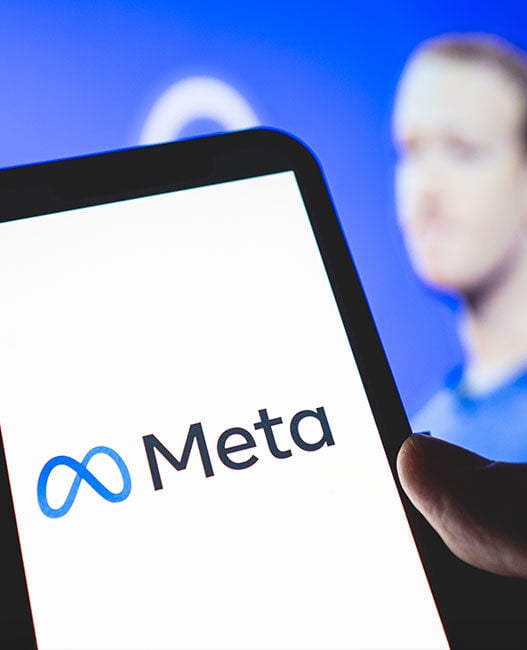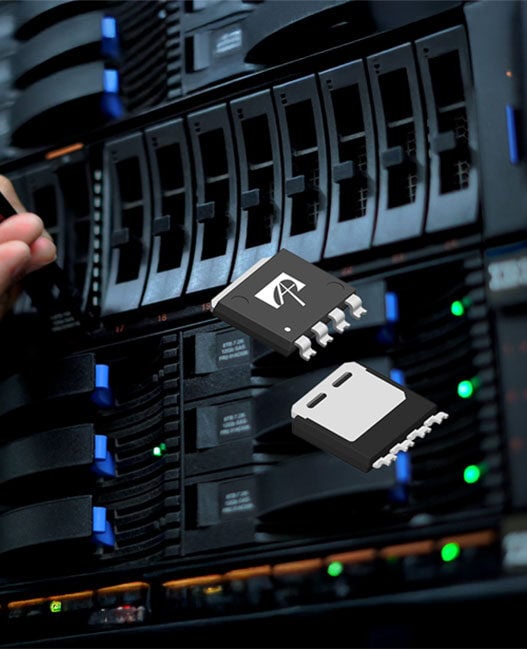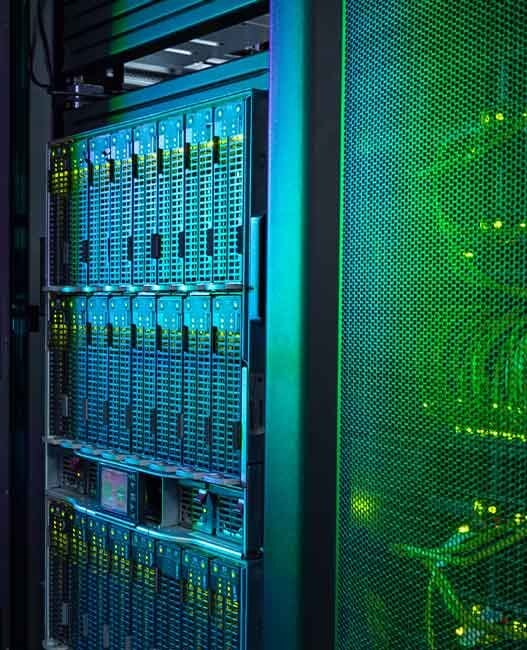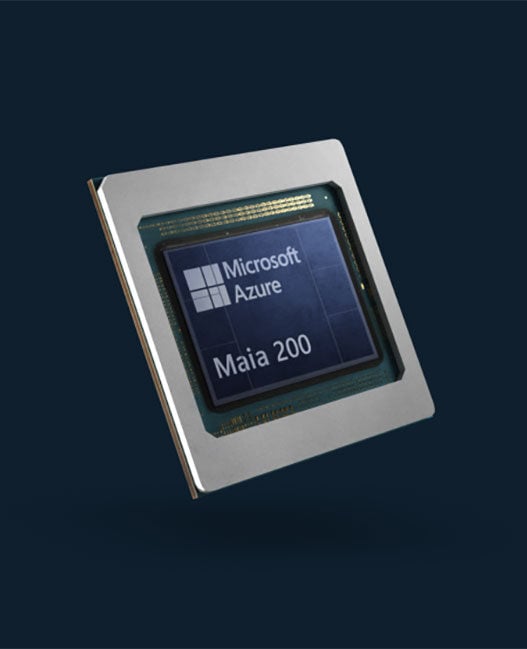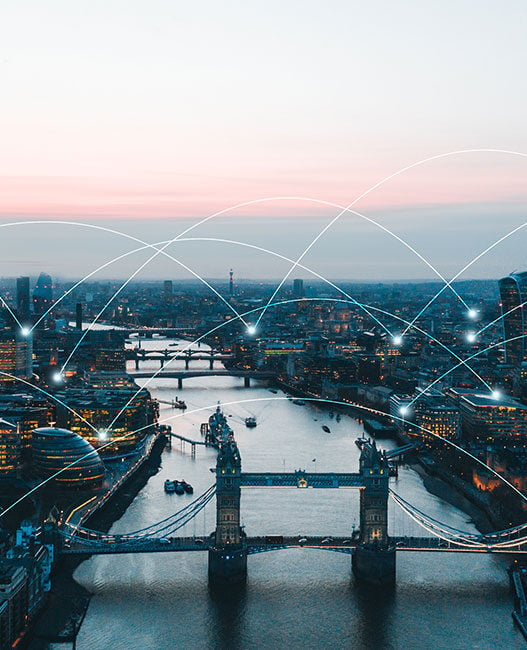The German Research Center for Artificial Intelligence (DFKI GmbH) is one of the most important research centers for AI worldwide with more than one thousand employees from more than 65 nations. They are currently working on around 250 research projects, and almost every area of life and work is the subject of innovation research.
The interrelations between the results from science and research and the practical experience of manufacturers of AI solutions leads to concrete applications for real use, such as in automation, energy, pharmaceuticals and health care.
Healthcare: A faster race against time with KI
In patient treatment, for example, AI can provide time advantages regarding prevention, diagnosis and therapy. The chances of recovery increase with the degree of diagnostic findings, such as X-rays, CTA, MRT or ultrasound. AI applications that structure and analyse huge amounts of data in a short time frame are necessary to supplement the diagnoses of medical personnel. It only takes seconds for them to deliver results for assessment by physicians. AI systems can link data from sources such as imaging methods, genomics and proteomics and provide significant support for prevention and therapy. In the case of epidemic and metastatic diseases, speed with a zero error rate is decisive for the diagnosis, therapy and recovery of the patient.
Energy industry: predictive maintenance through preventive diagnostics
The production and energy supply supported by AI enables smooth processes and the early prevention of malfunctions through preventive diagnostic systems. AI-based predictive maintenance strategies for energy supply and industrial automation optimise plant maintenance, allow real-time remote control and adapt maintenance schedules to real conditions. Machine and deep learning help to detect deviations at an early stage using planning algorithms as well as to indicate anomalies such as imbalances, misalignments or cracks in the material of turbines and compressors. The data analysis of the AI systems enables dysfunctions to be detected as they occur, even before they have a negative impact. They help to avoid production downtimes and potential hazards in terms of system safety, plant operation, continuous supply and the environment.
Scalable computing power for ML, DL, Inferencing
In any industry, powerful hardware and software components are essential if AI solutions based on deep learning, machine learning and inferencing are to fulfil their role as system-critical applications. The systems have to analyse large amounts of data in a very short period of time. The computing power required for parallel processing is provided by multicore CPUs, Video Processing Units (VPUs), Graphics Processing Units (GPUs) or Field Programmable Gate Arrays (FPGAs), which calculate neural networks with computing power in the range of Tera operations per second. The Intel OpenVino Video Processing API supported by the IIoT software framework SUSiEtec allows to scale neural network models, once created, and to run them optionally on Intel multicore CPUs, GPUs, VPUs and FPGAs, thus enabling exponential performance increases. Existing trained neural network models can also be converted to Intel OpenVino with little effort. In addition to Intel and NXP-based platforms for inferencing, Kontron, as an NVIDIA Preferred Partner, has also been using GPUs from the international market leader in graphics cards and GPUs for deep learning (training) since July 2019.
NVIDIA GPUs are part of the currently most powerful Kontron rackmount server KISS V3 4U SKX-AI. The scalable server is equipped with two powerful processors of the Intel Xeon SP series, which can be expanded with twelve DIMM DDR4-2666 modules and up to 768 GB RAM with ECC support. Up to three double-width high-end GPU cards NVIDIA TESLA V100 provide extremely high GPU performance. GPUs perform precisely the matrix mathematics required for rendering and simulating artificial neurons. NVIDIA GPUs hence support Intel Xeon processors in training neural networks. For software development, users can use NVIDIA’s powerful CUDA Toolkit.
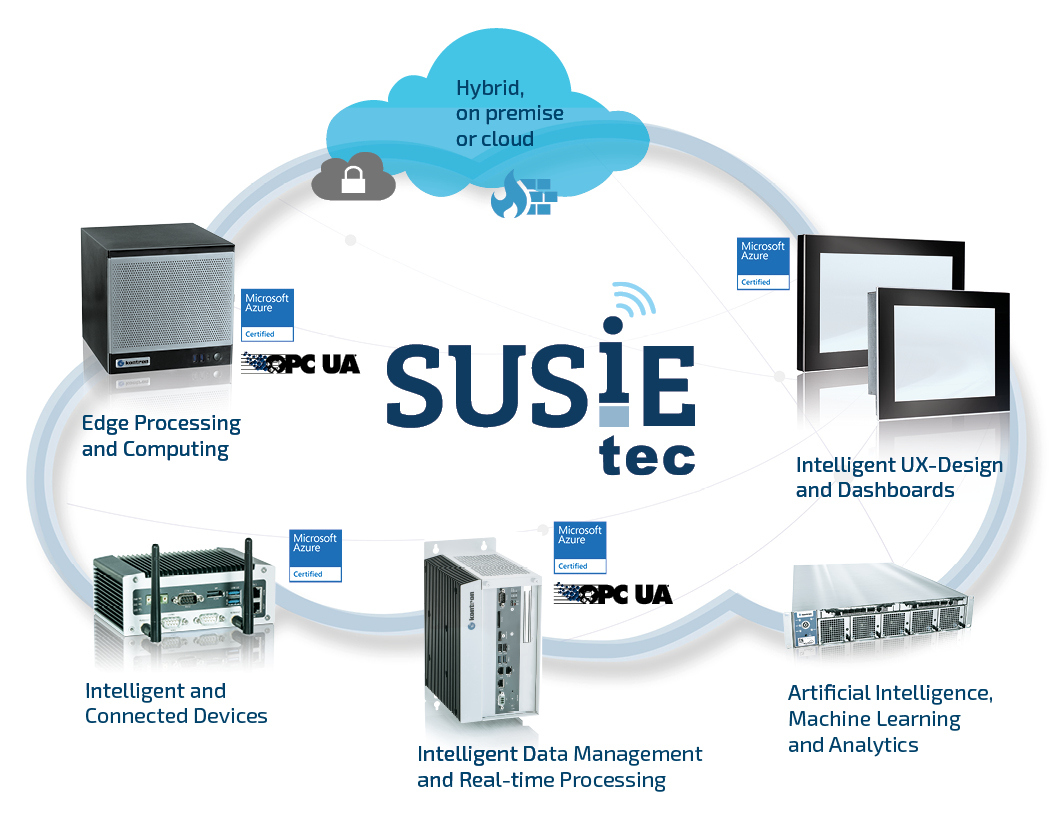
AI development with or without Cloud
The specific use case determines whether AI solutions and processes are partially or completely relocated to the cloud. The IIoT Software Framework SUSiEtec from Kontron Technologies, formerly S&T Technologies, a sister company of Kontron within the S&T Group, is of central importance in this context, as it enables the hybrid and scalable implementation of the respective IoT architecture. SUSiEtec has been optimised for use with Kontron hardware, but can be used seamlessly with third-party products and integrated into customers’ existing infrastructure. SUSiEtec is a manufacturer-independent software and service offering that combines all the pieces of a cloud solution into a user-specific package.
In certain scenarios it is not functional to move AI solutions to the public cloud. If response times must be within milliseconds, cloud latency and bandwidth restrictions are unacceptable. Then, powerful edge computers or an embedded cloud, which can be set up at the edge of the network with the high-performance server KISS 4U V3 SKX, are required. In this case, SUSiEtec has the task of preprocessing data locally, filtering it and then forwarding it to the cloud.
Solutions for Machine and Deep Learning
Computing power, whether local or obtained from the cloud, is always necessary for machine and deep learning. Usually prefabricated neural networks are trained for automated recognition functions. The complete process for deep learning consists of four phases:
For AI applications that have to deliver results in a short time or even in real time, an edge computer is required that is closely connected to the application in the network. For the training of neural networks it often makes sense to use the large server capacities in the cloud, but there are also many cases where the training material has to remain local and an edge training server is used.
One example is visual inspection. Here, recordings from a camera that is connected either via USB or via a network are analysed and evaluated directly on the edge device by a trained neural network in a process called ‘Inference’. In addition to visual inspection, AI applications in text recognition and reproduction as well as audio and behavior pattern recognition are also possible. Audio recognition for instance can be used to identify unusual vibrations that indicate a faulty machine part. For example, the axes of trains could be checked while in operation. Firewalls in IT networks can learn what corresponds to normal behavior in the network and give alerts in the event of unusual activities and initiate protective and defensive measures.
Outlook and tasks of AI
Prof. Dr. Andreas Dengel, DFKI site manager in Kaiserslautern, sums up the tasks AI will have to fulfill in the future: “People have experience and act intuitively. On the basis of large amounts of data, KI can provide suggestions for action or take on tasks that are impossible for humans. The great opportunity of this symbiosis for work lies in the fact that AI acts as an intellectual performance enhancer and thus complements and expands human abilities. It is important to make decision-making processes transparent and comprehensible and to define international standards for them.”









